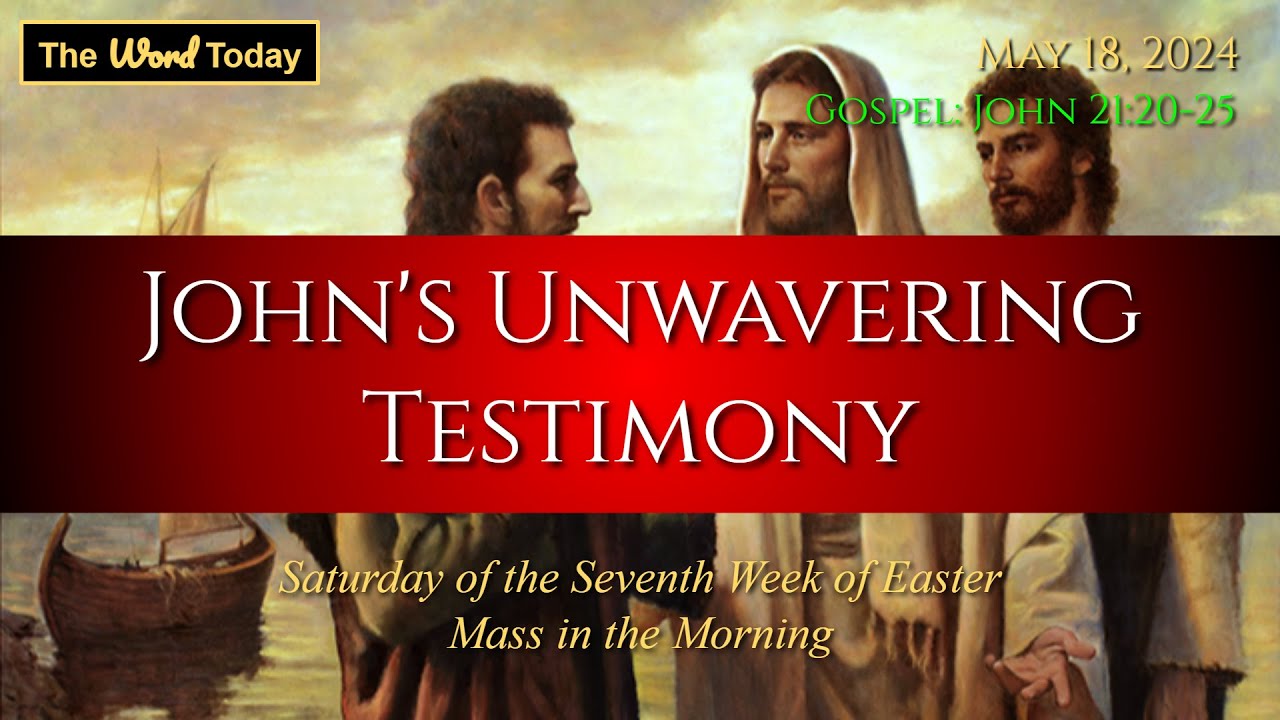A reading from the Acts of the Apostles
Acts 28:16-20, 30-31
When he entered Rome, Paul was allowed to live by himself,
with the soldier who was guarding him.
Three days later he called together the leaders of the Jews.
When they had gathered he said to them, “My brothers,
although I had done nothing against our people
or our ancestral customs,
I was handed over to the Romans as a prisoner from Jerusalem.
After trying my case the Romans wanted to release me,
because they found nothing against me deserving the death penalty.
But when the Jews objected, I was obliged to appeal to Caesar,
even though I had no accusation to make against my own nation.
This is the reason, then, I have requested to see you
and to speak with you, for it is on account of the hope of Israel
that I wear these chains.”
He remained for two full years in his lodgings.
He received all who came to him, and with complete assurance
and without hindrance he proclaimed the Kingdom of God
and taught about the Lord Jesus Christ.
From the Gospel according to John
Jn 21:20-25
Peter turned and saw the disciple following whom Jesus loved,
the one who had also reclined upon his chest during the supper
and had said, “Master, who is the one who will betray you?”
When Peter saw him, he said to Jesus, “Lord, what about him?”
Jesus said to him, “What if I want him to remain until I come?
What concern is it of yours?
You follow me.”
So the word spread among the brothers that that disciple would not die.
But Jesus had not told him that he would not die,
just “What if I want him to remain until I come?
What concern is it of yours?”
It is this disciple who testifies to these things
and has written them, and we know that his testimony is true.
There are also many other things that Jesus did,
but if these were to be described individually,
I do not think the whole world would contain the books
that would be written.
Today we will meditate on the dialogue between the risen Jesus and Peter at the end of John’s Gospel (21:15-23). It is a moving dialogue, from which shines all the love of Jesus for his disciples, and also the sublime humanity of his relationship with them, in particular with Peter: a tender relationship, but not melancholic; direct, strong, free, open. A relationship as men and in truth. (…) The Evangelist alerts us: he is bearing witness to the truth of the facts (cf. Jn 21:24). And it is in the facts that the truth is to be sought. We can ask ourselves: are we capable of preserving the tenor of this relationship of Jesus with the disciples, according to his style that is so open, so frank, so direct, so humanly real? How is our relationship with Jesus? Is it like this, like that of the Apostles with Him? Are we not, instead, very often tempted to enclose the testimony of the Gospel in the cocoon of a ‘sugar-coated’ revelation, to which is added our own circumstantial veneration? This attitude, which seems respectful, actually distances us from the real Jesus, and even becomes the occasion for a very abstract, very self-referential, very worldly journey of faith, which is not the path of Jesus. Jesus is the Word of God made man, and He comports Himself as man, He speaks to us as man, God-man.(…) And when we want to insert ourselves into other people’s lives, Jesus answers, “What is that to you? Follow me”. (General audience, 22 June 2022)
